Nestled within the vibrant landscapes of Israel, a captivating mosaic of ethnicities converges, each contributing to the rich tapestry of the nation’s cultural heritage. This diversity, spanning centuries and continents, weaves a tale of resilience, coexistence, and the intricate fusion of traditions. Let’s journey through the different ethnic groups that make Israel a true melting pot of humanity.
Ethnic Groups in Israel – Jewish Communities:
Israel’s Jewish population comprises diverse groups, including Ashkenazi Jews of European origin and Sephardi Jews who trace their roots to the Iberian Peninsula. Mizrahi Jews hail from North African and Middle Eastern countries, and Ethiopian Jews, known as Beta Israel, add a unique facet to the Jewish narrative.
Ethnic Groups in Israel – Arab Citizens:
The Arab community constitutes a significant segment of Israel’s population. Arab citizens, both Muslim and Christian, share historical ties to the region and contribute to the cultural and social fabric of the nation. Their presence underscores the diversity and multiculturalism that define Israel.
Ethnic Groups in Israel – Bedouin Communities:
With their nomadic heritage, the Bedouin people form an essential part of Israel’s identity. Predominantly residing in the Negev Desert, Bedouin communities are known for their distinct traditions, hospitality, and deep connection to the land.
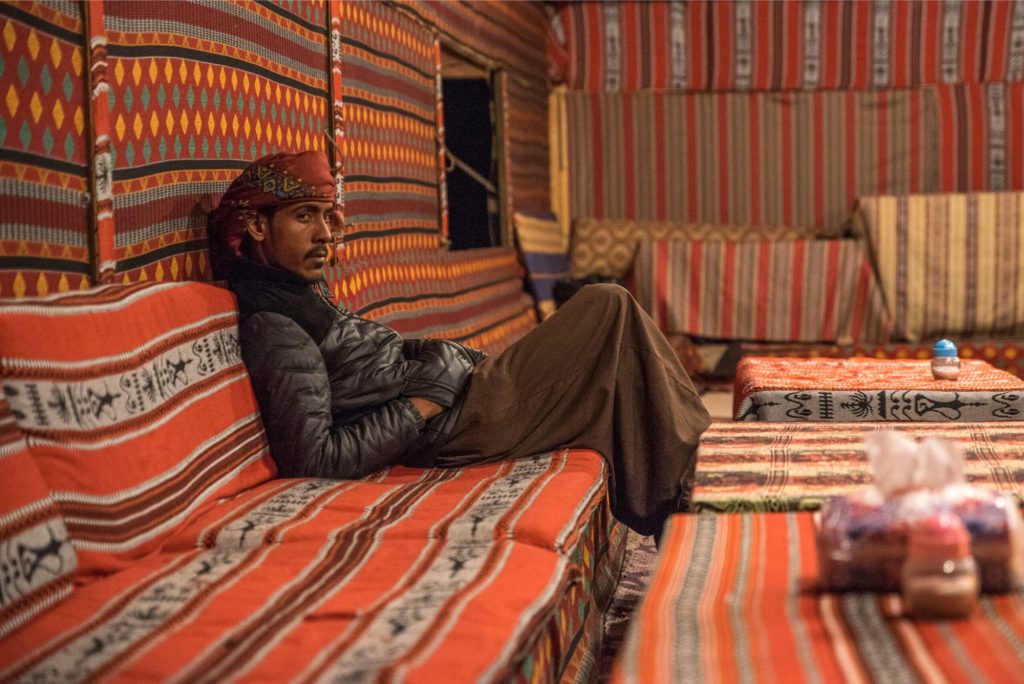
Ethnic Groups in Israel – Druze Population:
The Druze community, a religious and ethnic minority, brings its unique cultural traditions to Israel. Their faith emphasizes the unity of God and the importance of community, fostering a strong sense of identity and cohesion.
Druze in Israel
Ethnic Groups in Israel – Armenian Heritage:
The Armenian community in Israel carries a legacy that traces back to the Armenian Genocide. Their presence in Jerusalem is marked by churches, cultural institutions, and a steadfast commitment to preserving their heritage.
Ethnic Groups in Israel – Samaritans
In the heart of the Holy Land, nestled between the pages of history and faith, reside the Samaritans – a community with a rich and distinct heritage that has endured for centuries. With roots tracing back to biblical times, the Samaritans of Israel offer a unique glimpse into a world that bridges ancient traditions with the modern era.
Samaritans in Israel
Circassians
Nestled within the cultural mosaic of Israel, the Circassian community stands as a testament to resilience, tradition, and the preservation of their unique heritage. Originating from the North Caucasus region, the Circassians have carved out a space in the Holy Land, enriching the nation’s diverse fabric with their history and identity.
Circassian Community in Israel
Cultural Heritage:
From the Samaritans to the Circassians, each ethnic group contributes to Israel’s cultural mosaic. Their customs, languages, and celebrations reflect the nation’s past and present interconnectedness.
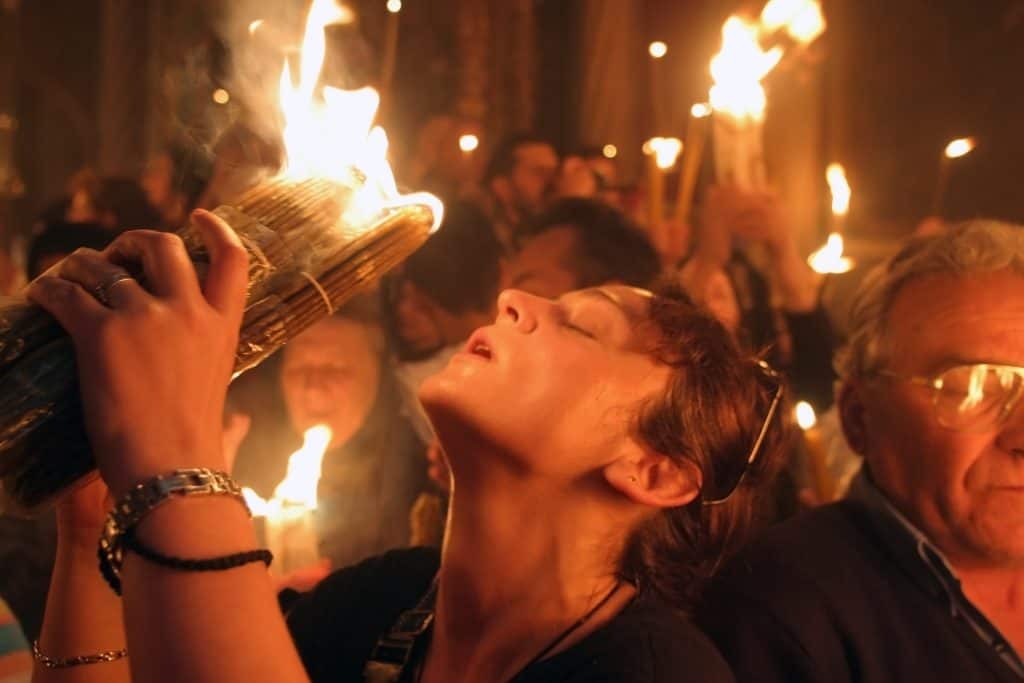
Historical Significance:
Israel’s ethnic groups embody the nation’s history, illustrating the enduring connections between people and land. The stories of their migrations, traditions, and survival vividly depict the collective journey.
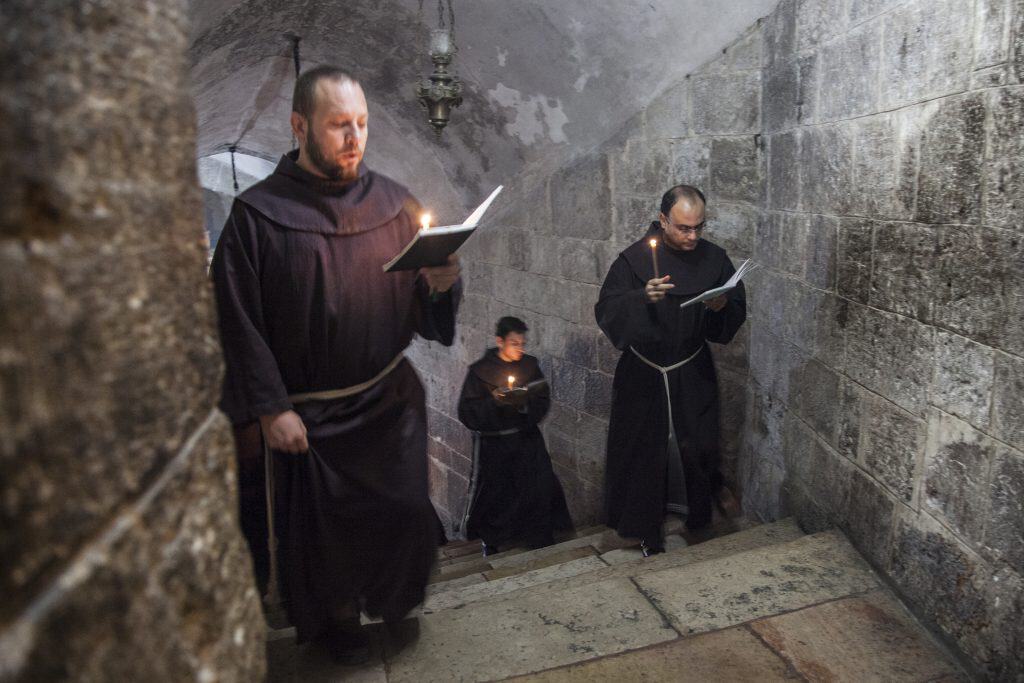
Path to Coexistence:
Amidst the diversity, Israel strives to foster an environment of coexistence and understanding. While challenges exist, the nation’s commitment to promoting mutual respect, tolerance, and dialogue paves the way for a harmonious future.
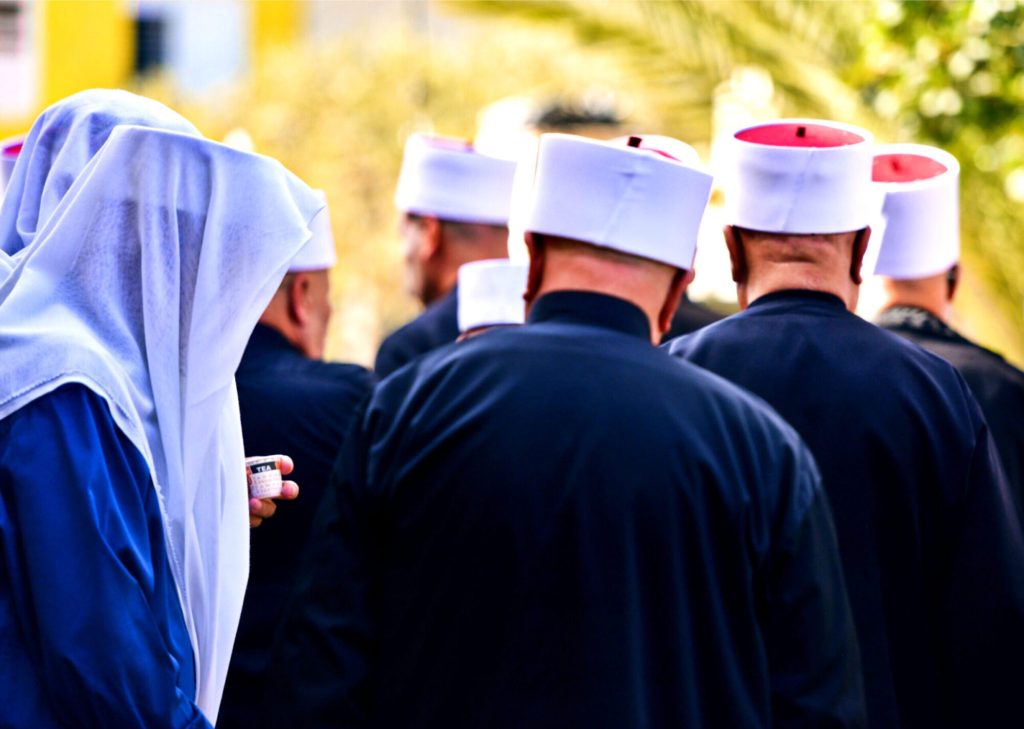
A Shared Homeland:
As we explore the ethnic groups of Israel, we encounter a harmonious blend of cultures, faiths, and histories. Each group adds colors to the national canvas, contributing to the vibrancy that defines the modern Israeli identity.
Let's Tour Mount Gerizim
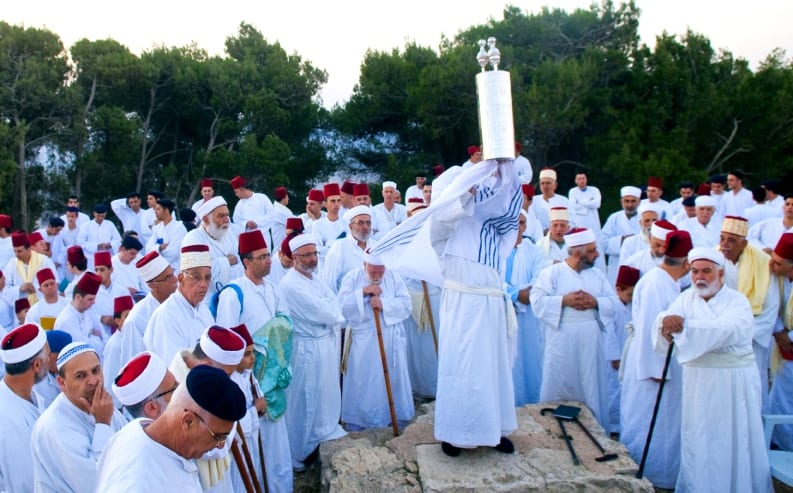
In Israel’s multifaceted landscape, unity is found in diversity. The interwoven stories of its ethnic groups remind us that embracing differences enriches our understanding of humanity and strengthens the bonds that tie us together.







